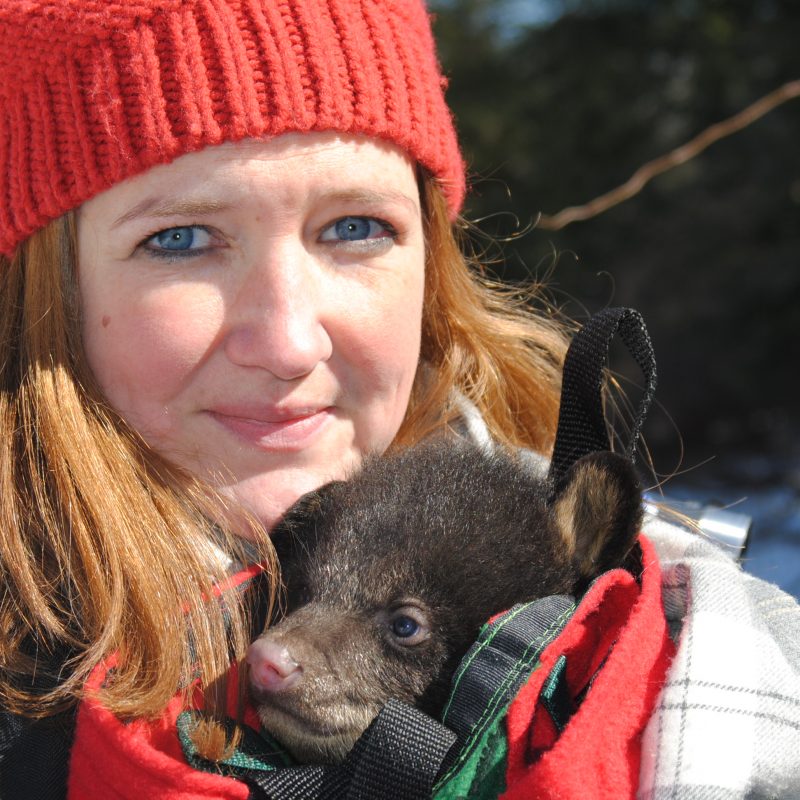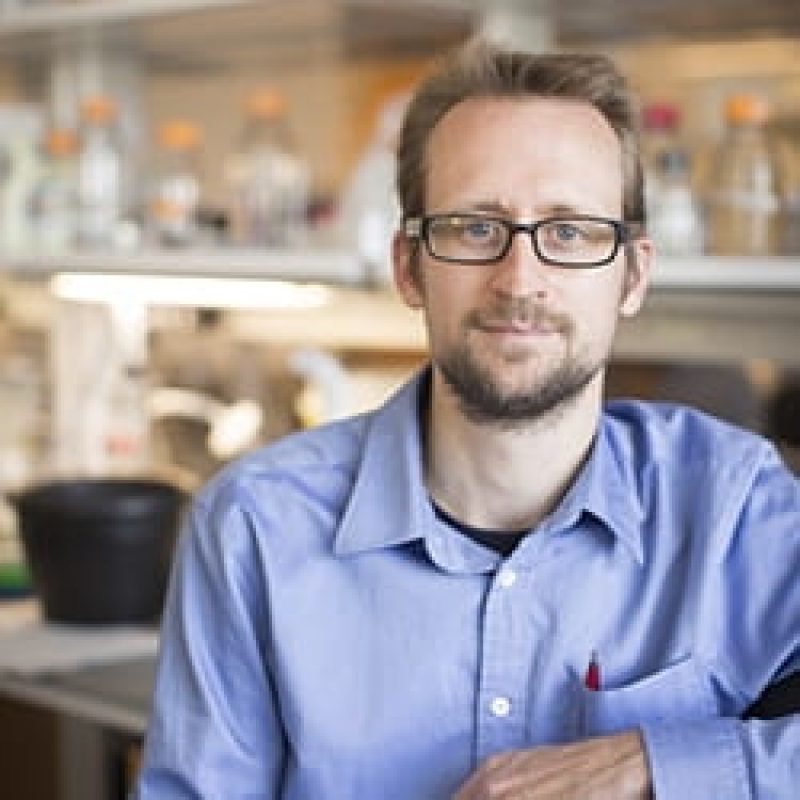Tag: Veterinary/Clinical Research
-

Jeongmin Song
The unifying themes of my ongoing research program are seeking to understand the underlying mechanisms that control the pathogenesis and disease associated with bacterial infections, as well as developing control strategies for the bacteria or its associated disease. The main focus for the past years[...] -

Krysten Schuler
My research group focuses on free-ranging North America wildlife to improve health outcomes across a variety of species, their pathogens and parasites. At the Cornell Wildlife Health Lab, we derive solutions from novel mathematical applications, innovative diagnostic evaluations, field-based studies, and human dimensions of wildlife[...] -

Angela Poole
The Poole Lab studies how factors like substrate availability and host genes influence the dynamics of symbiotic oral and gut microbial communities. Students will conduct in vitro studies on saliva samples to characterize the response of microbes to a panel of carbohydrate substrates. They will use bioinformatics[...] -

Colin Parrish
My laboratory studies viruses, with a particular focus on viruses that have jumped into new hosts to cause epidemics of disease. One model we study is canine parvovirus, which is a cat virus that transferred into dogs in the mid-1970s and subsequently caused a global[...] -

Cynthia Leifer
The Leifer lab investigates how the immune system detects and initiates inflammatory responses to microbes. We focus on innate immune macrophages and the regulatory mechanisms that control inflammation through Toll-like receptors (TLRs). -

Elizabeth Johnson
We study how lipids mediate host-microbiome interactions. A potential student project in the lab involves using techniques developed in the lab to identify novel interactions of saturated fatty acids with the gut microbiome and developing advanced techniques in anaerobic microbial genetics to determine the consequences[...] -

Laura Harrington
My research focuses on the biology, ecology and behavior of mosquitoes that transmit human diseases such as dengue fever, West Nile virus and malaria. I have developed methods for studying blood feeding patterns, survival and longevity, mating behavior and feeding behavior of mosquitoes in both[...] -

Tobias Dörr
We study how bacteria respond to and survive stressful conditions, particularly damage to the cell envelope. Students in the Doerr lab learn techniques ranging from microscopy and image analysis to molecular biology. The lab is very active with undergraduate research and has extensive experience in[...] -

Nicolas Buchon
The Buchon lab focuses on the impact of pathogens and the microbiota on body homeostasis. We use systemic infection as a model for septicemia, and the gut response to infection as a model for mucosal immunity. Genomic and genetic approaches allow us to characterize new[...] -

Undergraduate Research Programs
Information for non-Cornell students on the NSF-funded Microbial Friends & Foes REU; and information for current Cornell students on CIHMID’s URE.
